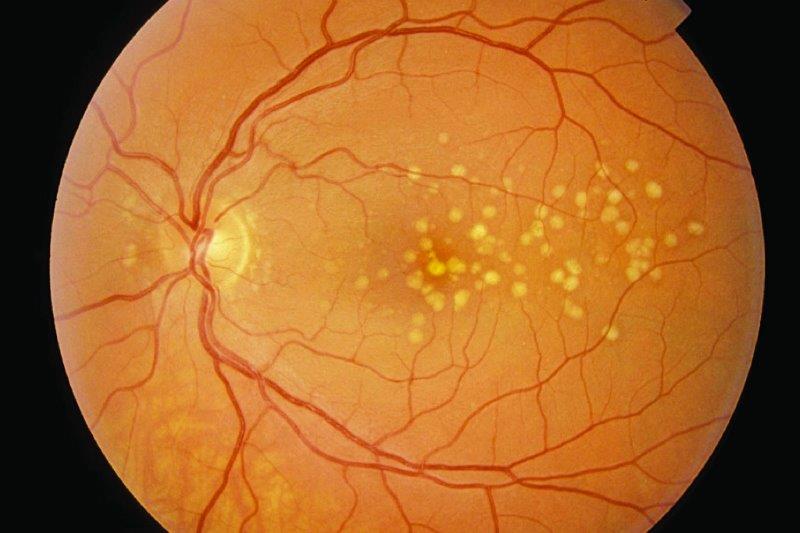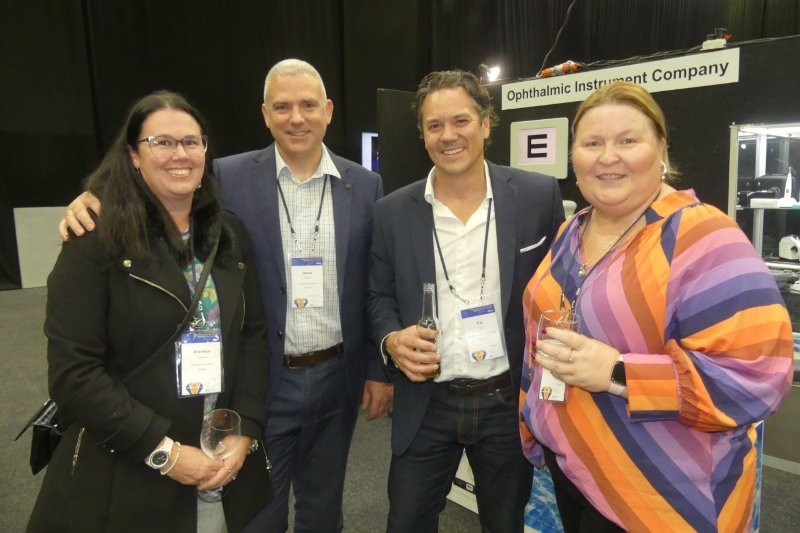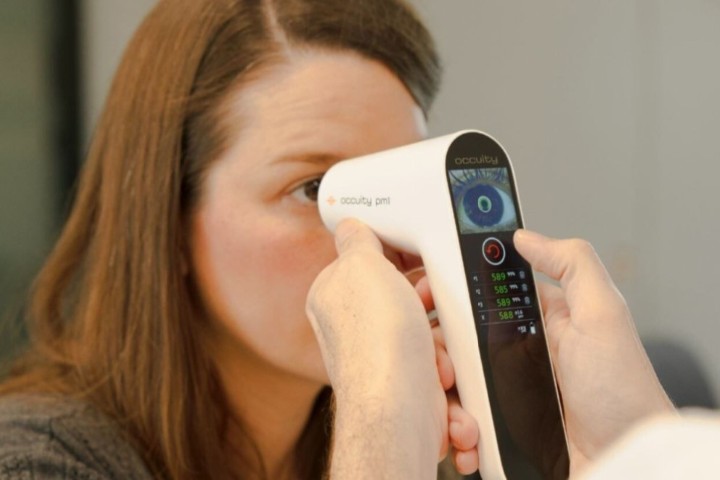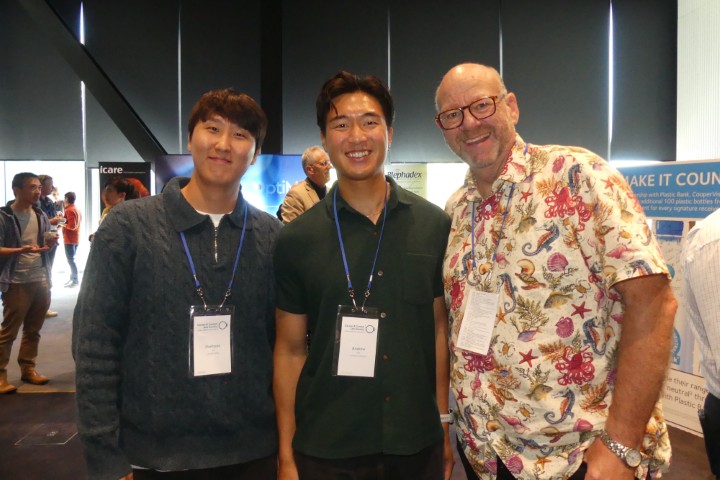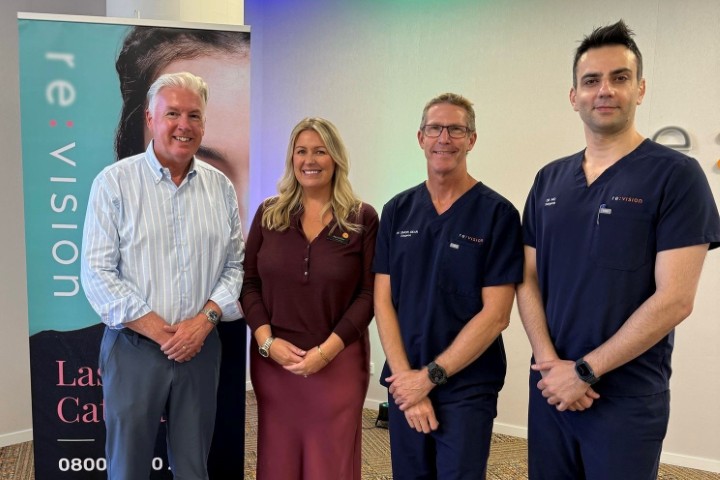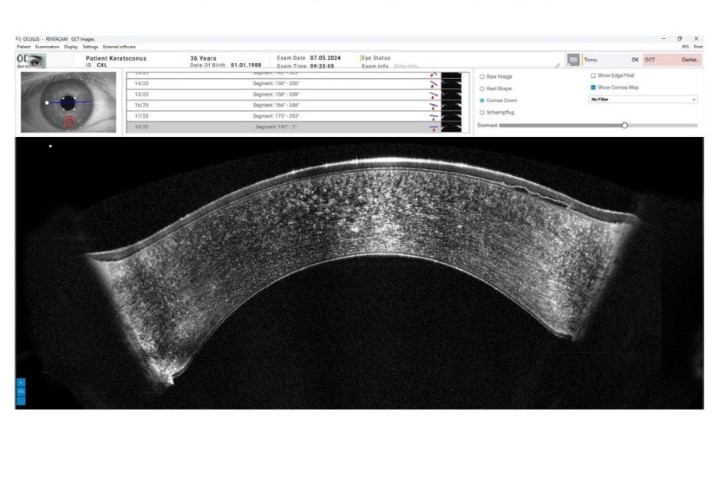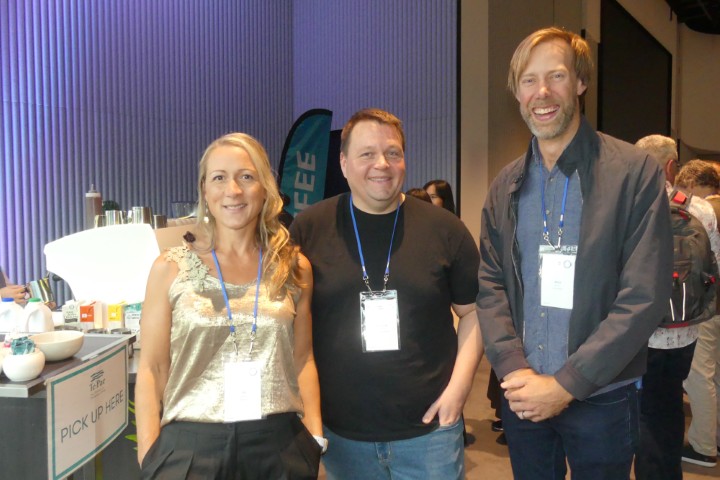Drusen origins revealed
US researchers have identified a new potential therapeutic target for dry age-related macular degeneration (AMD) – AKT2, an enzyme whose overexpression contributes to drusen formation.
Writing in Nature Communications, the research team, led by Dr Sayan Ghosh from the University of Pittsburgh School of Medicine, explained lysosomes play a crucial role in retinal pigment epithelium (RPE) health via phagocytosis and autophagy – processes which remove cell waste. In their murine model, inhibition of the AKT2/SIRT5/TFEB pathway in RPE-induced lysosome autophagy signalled abnormalities, disrupted mitochondrial function and induced release of debris contributing to drusen, they said. “Accordingly, AKT2 overexpression in the RPE caused a dry AMD-like phenotype in ageing AKT2 mice, as evident from decline in retinal function.” In AMD donor globes, AKT2 is upregulated in macular RPE, they noted.
“Collectively, these findings suggest that targeting the AKT2/SIRT5/TFEB pathway may be an effective therapy to delay the progression of dry AMD,” they said.










